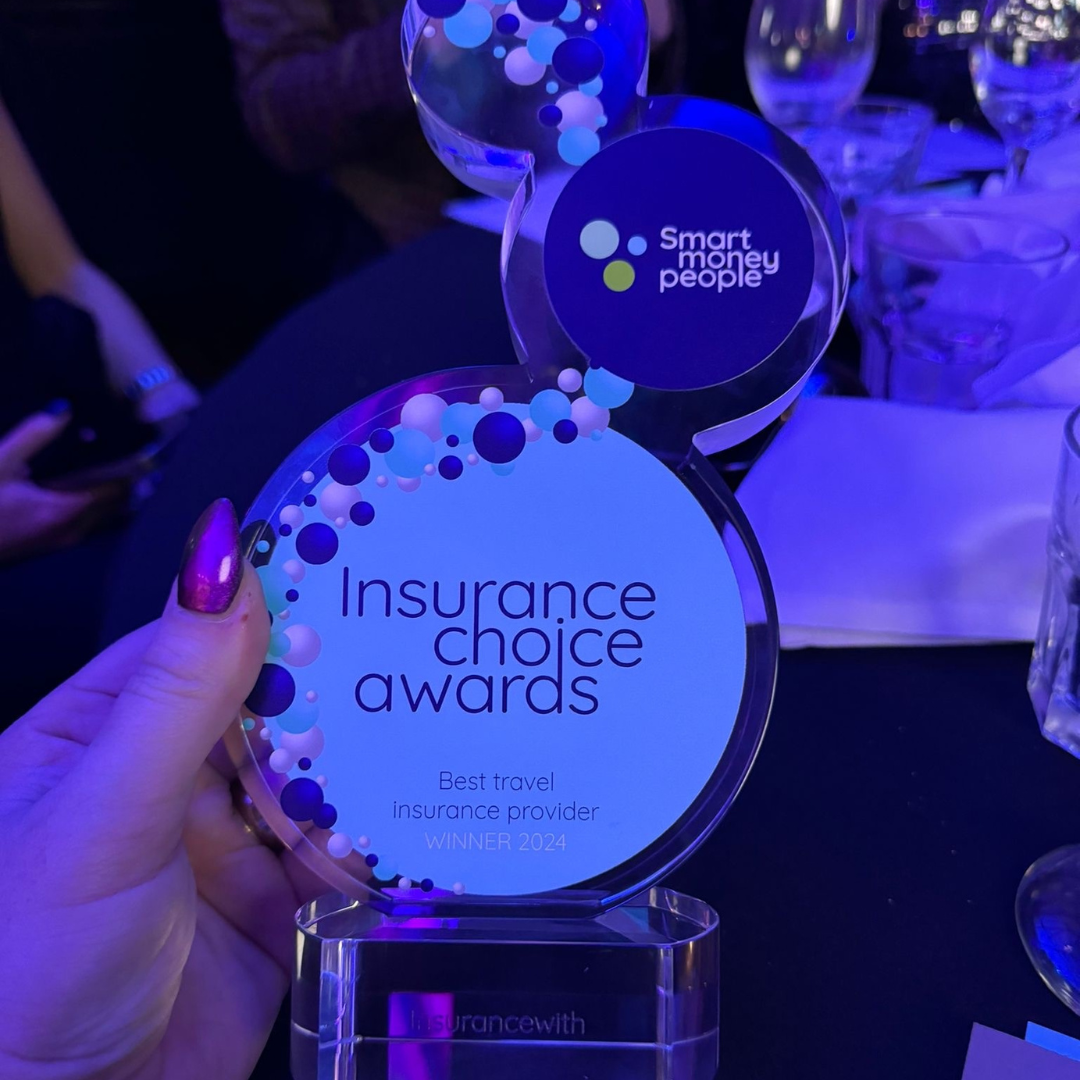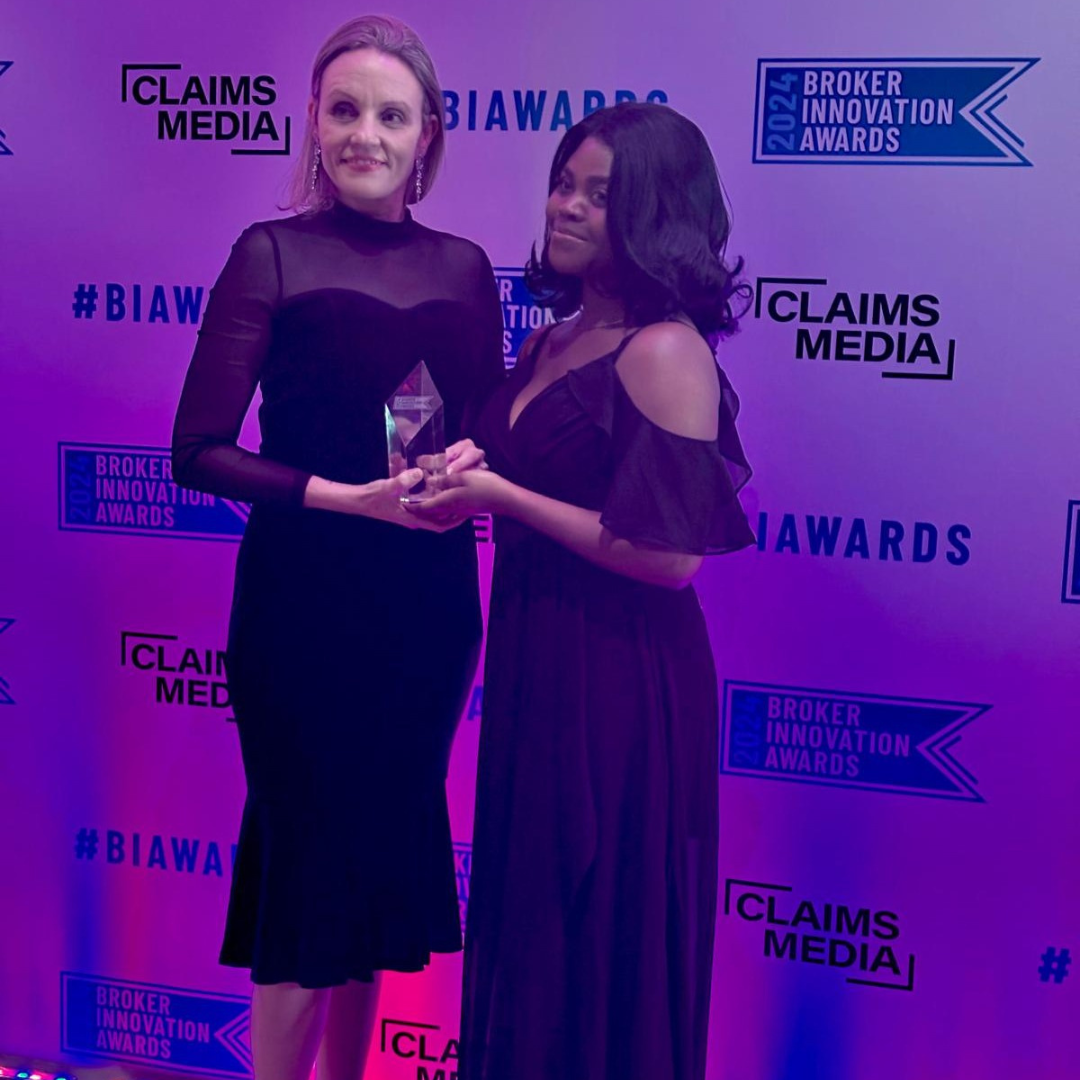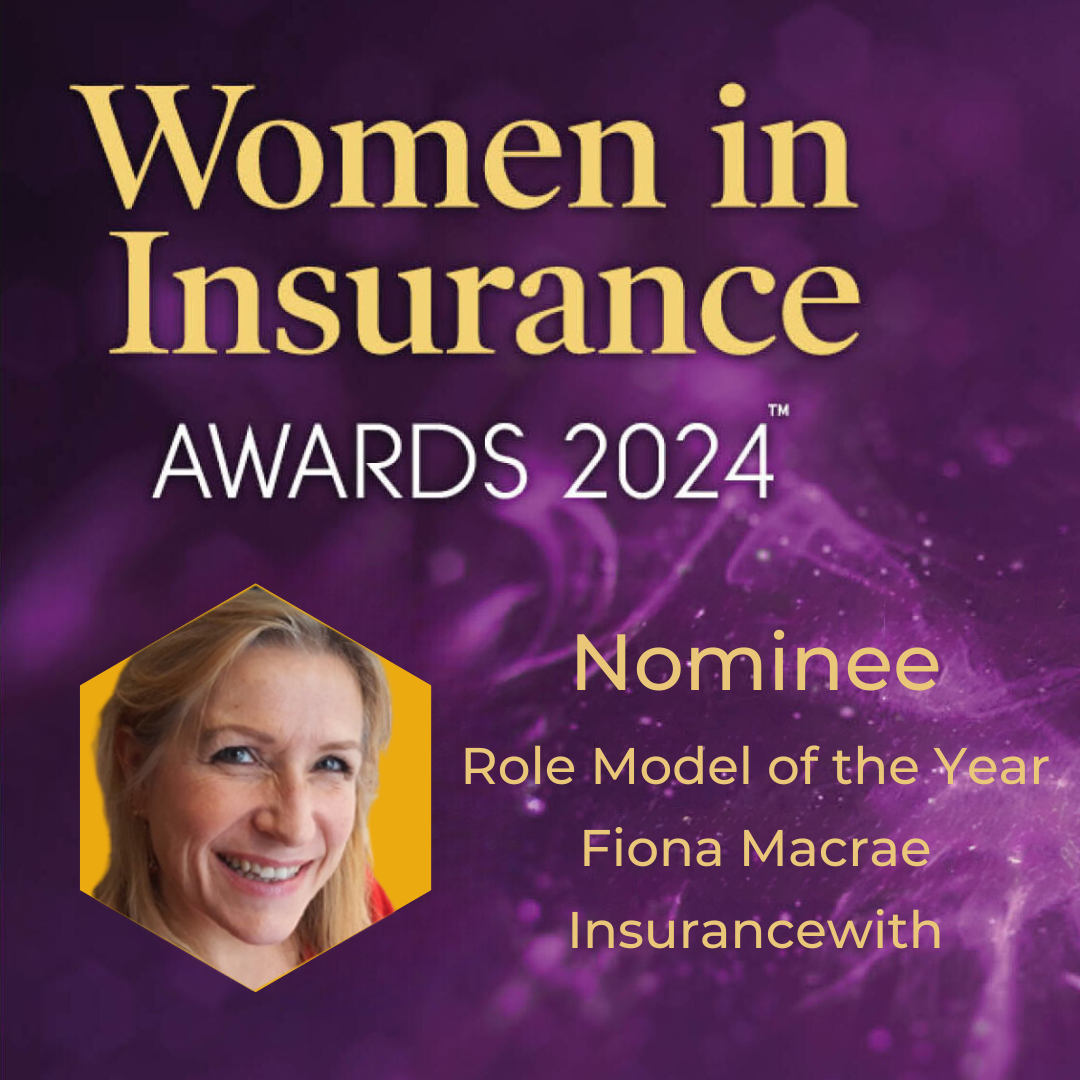Travelling can be a daunting experience when you have a medical condition – you’re venturing into the unexpected. The truth is, though, we provide specialist cover for thousands of holidaymakers every year
Ensuring your trip goes without any hassle needn’t be difficult; you just need to plan ahead properly. Preparation is the key wherever you’re going, but it’s particularly important if you’re visiting somewhere with a hot climate, as there are a few things you’ll need to address.
If you’re not used to the heat, you’ll need to watch out for the following:
Sunstroke: This is when a person’s body is no longer able to cool itself (known as heatstroke) due to prolonged exposure to direct sunlight. Body temperature becomes dangerously high and the effects can take hold in minutes. Symptoms include tiredness, dizziness, fainting, nausea and heavy sweating.
You can help prevent sunstroke by staying in shady areas, enjoying cold food and drinks, and avoiding extreme physical exertion.
Dehydration: This happens when the body loses more fluid than it takes in, usually through sweating. When your body’s water content drops like this, it upsets the balance of minerals and affects the way you function.
Keeping dehydration at bay is simple: you just have to make sure you’re drinking water regularly. Your intake will be higher than you’re used to at home if the weather’s particularly hot, as you’ll likely sweat more.
Insect bites: Insects, like mosquitos, midges and fleas, pose a threat to everyone travelling in hot climates, but they’re a particular concern for those with existing conditions, due to the risk of infection.
Most bites and stings are treated by washing the area with soap and water, and a cold compress can be used to reduce swelling. Tea tree oil is another common remedy, due to its soothing and cleaning qualities. Prevention is difficult, but covering up will certainly help. You can also buy insect repellent from your local chemist.
If you do decide to go somewhere hot this year, the general advice is to just be careful! Take all of the normal precautions – know where the closest pharmacy is, take the right medicine with you and arrange the appropriate travel insurance – and you’ll be just fine!
If you’re living with a medical condition, the prospect of flying can seem scary, as there are a number of issues that could occur. Don’t let that stop you from getting on that plane, though. We insure thousands of people every year who jet around the world with no problems at all – so long as you prepare and look after yourself, you too should have an enjoyable flight.
Here are some of the problems you may run into and what to do to avoid or cope with them.
Dehydration
Dehydration is a real risk when flying, especially if you’re on a long-haul flight, or have a long-term health condition such as diabetes. Not only can dehydration lead to serious health problems, it also worsens jet lag, so make sure you drink enough before and during your flight. You don’t want to feel awful on the first day of your holiday!
We recommend sticking to water, squash and juice, as they will hydrate you the most. Avoid drinking too much caffeine or alcohol, and be sure to keep an eye on the colour of your urine. If it’s dark, then you’re probably dehydrated.
Confined space
If you suffer with claustrophobia, flying can be a nerve-wracking experience. Planes are a common trigger of anxiety attacks, due to the lack of space and number of people on board. If you do experience a panic attack on the plane, here’s what you can do to help it pass:
Disabled access
Unless you’re travelling to a very small airport, you’ll likely have to do quite a bit a walking between the check in desk and departure gate. Therefore, if you have mobility issues, it’s a good idea to book at wheelchair before your visit. This is easy to do – just inform your travel agent or airline of your requirements at least 48 hours before your flight.
For more information about travelling with a medical condition, visit our Travel Tips & Advice page
Travelling with a medical condition can be really daunting, but we cover 1000 of people like this every year.
You don’t have to rule out a skiing holiday, there are just a few more things you need to consider, for example:
High altitude and lack of oxygen
The cold climate
Far more exercise than you are actually used to
A friend of mine was diagnosed with asthma years ago, she had an inhaler at the back of a drawer that she never used. When she went on a skiing holiday the combination of the cold weather, the extra exercise plus the lack of oxygen caused an asthma attack, unfortunately she lost 2 days of her holiday. A bit of forward planning by her, checking with her doctor, could have solved all these problems.
For more tips and advice for travelling abroad to a cold climate with a medical condition, visit our web site insurancewith.com
Fiona Macrae the founder of Insurancewith talks to Sky News about being diagnosed with breast cancer and how it spurred her on to create an affordable travel insurance policy for people diagnosed with cancer.
With a background in insurance, Fiona understood risk but couldn’t understand why she was deemed an unacceptable risk just because she hadn’t actually had an operation to remove her cancer, she had had her chemotherapy and was waiting for her surgery and radiotherapy, a two month break in treatment was an ideal time to fit in a quick holiday in the sun. However finding a travel insurer to cover her was impossible, Fiona found the whole process very confusing and demoralising. If she understood insurance and found the process confusing, what chance did the general public have!
It was this experience that made her determined to create a travel insurance policy for people with medical conditions that was easy to understand and affordable.
Holiday travel insurance soars for the sick
Fiona Macrae had hoped that a holiday would break up months of hospital treatments, a trip to France was supposed to take her mind off her breast cancer, but she said that travel insurance companies were intrusive or insensitive. “You’ve been through your treatment you don’t want to be telling someone constantly about it on a phone call, to a stranger, discussing personal medical information with what can sometimes be kids in call centres”.
Thousands of people needing time away are facing similar problems, many companies will increase travel insurance prices or even refuse cover for those with medical conditions. We called 10 companies to see what impact illnesses would have on travel insurance prices, 8 companies wouldn’t cover a previous condition like cervical cancer, another asked for a medical report and in the last case the price jumped from £67 to over £2037 for 10 days in New York and that was because of previous medical conditions.
Which the consumer watchdog say people are effectively black listed from getting travel insurance, “the insurance industry does need to catch up, ok if there are conditions where there is a big risk obviously that should be reflected in the policy, but people should be getting fair deals.
The cost for travel insurance varies on where you travel; it is much more expensive in say America where medical bills are higher.
Fiona says people who have had previous medical conditions should be able to travel to faraway places, and has now set up her own specialist insurance company, but accepts that the industry still has a long way to go.
Fiona Macrae talks to the BBC about her first holiday after treatment for her cancer and how the experience of trying to find an affordable travel insurance policy for the holiday spurred her on to create Insurancewith.
Fiona had worked in the insurance industry for 20 years and she knew that there must be a much better way of providing an affordable travel insurance policy for people diagnosed with cancer. When creating Insurancewith Fiona wanted a product that was easier to understand, that looked at the true risk of travelling after a cancer diagnosis and therefore offered lower premiums.
We feel that Insurancewith does all of the above, however we never stand still and are constantly changing and enhancing the policy to keep pace with our customers’ needs and also the ever changing and improving treatment of cancer.
Travel Insurance for people with cancer
So you’ve booked your flight your hotel is lines up, you’ve checked your passport is in order and to give yourself that piece of mind while you are away you think about travel insurance. So you hunt around for the best deal and buy a policy, simple, but if you have or ever had cancer it’s not quite so straight forward. Some cancers suffers are now finding that the only policies they are being offered are so expensive they are costing more than the entire trip. They are left with a stark choice, pay up or simply don’t go.
Cancer sufferer Fiona Macrae said “Holidays are things you look forward to, when you are going through the cancer treatment regime; you have got to have something to look forward to. Holidays do give you that little bit of normality back in your life, its realisation, I’m getting my life back. However the minute you try and get travel insurance straight away its raised and you are slapped in the face, you’ve got cancer and you are going to have to go through all the hoops to get your travel cover and sometimes it can just take the joy (planning a holiday) out of it for you”
Fiona Macrae knows from bitter experience what it’s like to struggle to get travel insurance when she was having treatment for breast cancer five years ago. Fiona said “my oncologist told me, have a holiday get away from the hospital routine and relax and enjoy your family. My baby Cameron was 10 month old at the time so we just decided to get in the car and go to the South of France for a bit of sunshine. I phoned around to get travel insurance quotes and I knew it was going to be difficult, but I just didn’t realise just how difficult it was going to be”.
Fiona describes being refused cover again and again as a soul destroying experience, and according to British cancer charity Macmillan Cancer Support, she is certainly not alone. Helen Rainbow of Macmillan said “We get a lot of phone calls to our help lines, people that are having trouble accessing travel insurance; I think it comes as a shock to a lot of people. They plan their holiday and at the last minute they look to get travel insurance and then suddenly they are prevented in going on something that they are really looking forward to, and actually if you’ve had a really difficult time you really want to go away and get away from that, so really it is a big issue.
And as Fiona discovered, many companies, if they are willing to sell you a policy will charge up to 10 times the normal rate for travel insurance. Fiona said “I did eventually find cover, but they were quoting me over £1000, for a holiday cover that should have cost me £20 for family cover at the most. The holiday wasn’t even costing us that amount of money. I just though, I can’t pay £1000 it was ludicrous”.
So can extremely high premiums like this always be justified? Cancers charities like Macmillan think that very often they can’t “there is a real lack of personalisation, there is a real lack of taking into account an individual’s situation. Often you have a set of questions that are very much if a person has this condition we can’t insure them, but there is no real taking into account what that means and how much of an individual risk that person represents”. Graham Trudgill of the British Insurance Brokers Association (BIBA) admits that often main stream insurers are not sufficiently knowledgeable about cancer to offer an appropriate premium. Graham said “the insurance industry operates a system of risk based pricing, so the greater the chance of a claim, the greater the insurance premium to pay for it. Also some insurance companies aren’t really experts in some medical conditions and so they don’t really charge competitively because they are very afraid of the claims they could receive”.
Fiona ended up taking her much needed break to France with her family, but reluctantly without any travel insurance. As someone who knows the insurance industry well, her own fruitless search for affordable cover made her think. “I’d worked in the insurance industry for 20years, and I thought that there has got to be a better way to do this. I can’t believe that there isn’t a better way to do this, by asking more questions, being able to target the underwriting and actually underwrite to the true risk that’s being posed, not the perceived risk of cancer”. Fiona saw a gap in the market and decided to fill it setting up her own insurance company to specialise in selling travel insurance cover to people with cancer.
And according to Graham Trudgill of BIBA, wherever you are in the world, finding a firm that understands cancer sufficiently to access the real risk involved is the key to finding a good quote. Graham advises “go to the national association of your country for insurance brokers or cancer charities in your country and they can direct you towards a specialist provider that can help get the right cover at a fair price for you”.
We put to Graham many emails we have had from viewers on this subject. Our viewer Bridget who has had breast cancer and treatment is in the middle of her round the world trip, she had been trying to get travel insurance and the quotes she’s had have ranged from £271.00 to £3085.00, how on earth can there be that huge discrepancy? “I think that is an example of her contacting various providers, some of which don’t understand the risk at all and perhaps don’t have the knowledge to take it forward, and they may be slightly concerned about the risk, and others are more expert, they deal with this type of condition every day and they know the frequency and severity of the claims, and they are much more easily able to offer a competitive quotation”. Our viewer Emma asks, why don’t insurance companies employee more knowledgeable consultants? “Insurance companies focus on their target market, one might just be after the standard family of 4, age 35 with no medical conditions, others will be more expert at the particular people with medical conditions and so it’s about finding the right insurance company, the right insurance broker and obviously if you are going to one that is charging too much money and don’t have the knowledge you need to go somewhere else”.
It is not just finding someone willing to insure you at a reasonable cost after you have had cancer can be very tricky, it’s also the whole process itself can be a very upsetting experience. Fiona told us “we receive a lot of complaints about people calling different call centres and they are less than sensitive, one of the questions that I had when I was looking for cover was, oh god forbid this doesn’t apply to you, but you’re not terminal are you! That is the last thing you really want to hear, when you have had a cancer diagnosis that is always at the back of your mind, you don’t want it to be dragged up over the phone with a stranger”.
Cancer charities say it’s not just the interests of potential customers that would be better served by some in the industry working harder to treat people with the disease more fairly. Macmillan said “We think this is a problem that the insurance industry needs to face up to and there is a benefit in itself by actually recognising that cancer doesn’t pose such as big insurance risk, because they are missing out on a potentially a big market, we think it is time that they reassess cancer and need to change that”.
It is predicted that one in three of us is going to suffer from cancer at some stage in our lives, so this is a problem that many of us are going to have to face. And if you do the advice is this, don’t go trawling the internet, you are going to have to track down someone that understands the risks or lack of them involved in your individual case.












